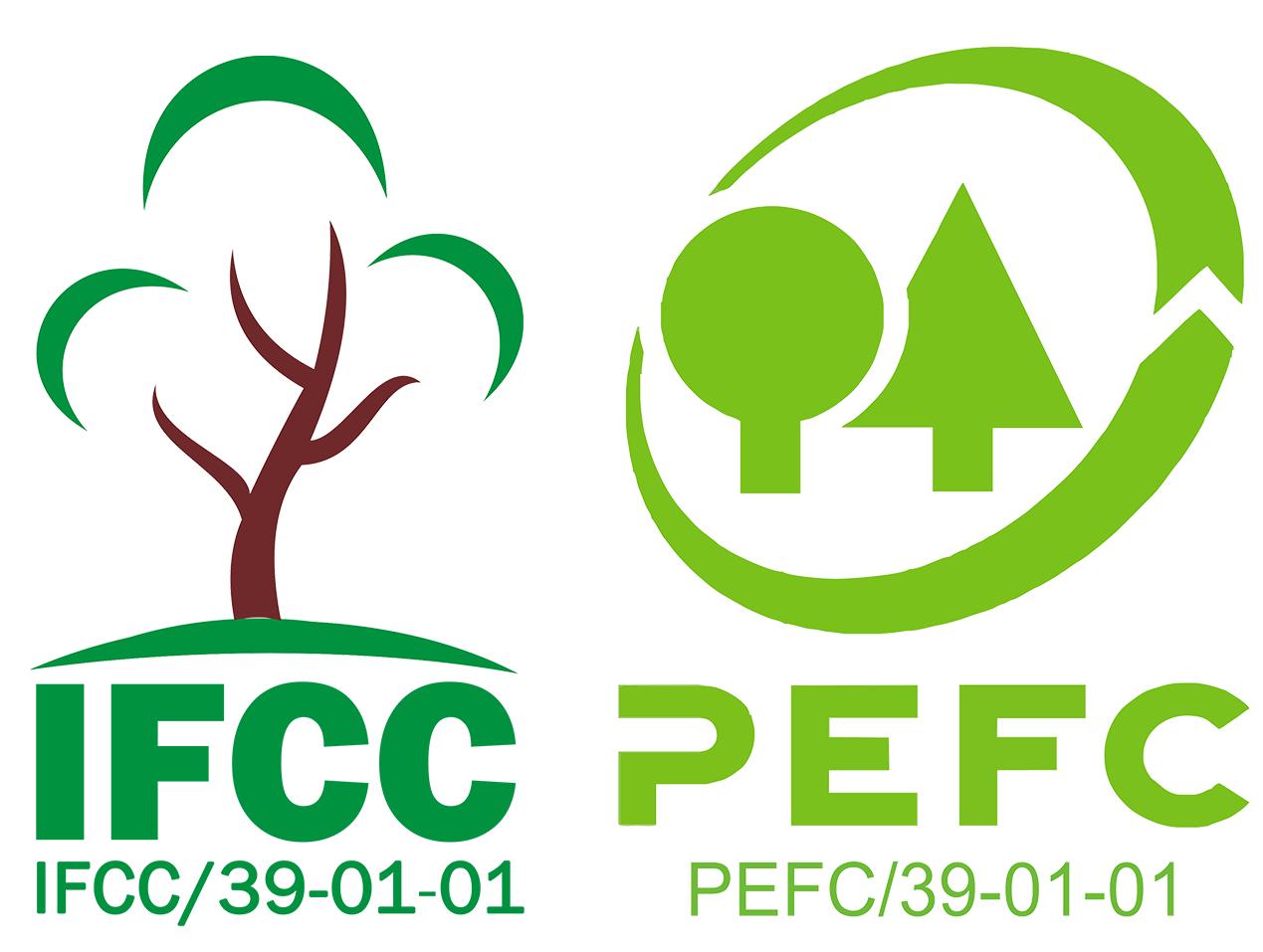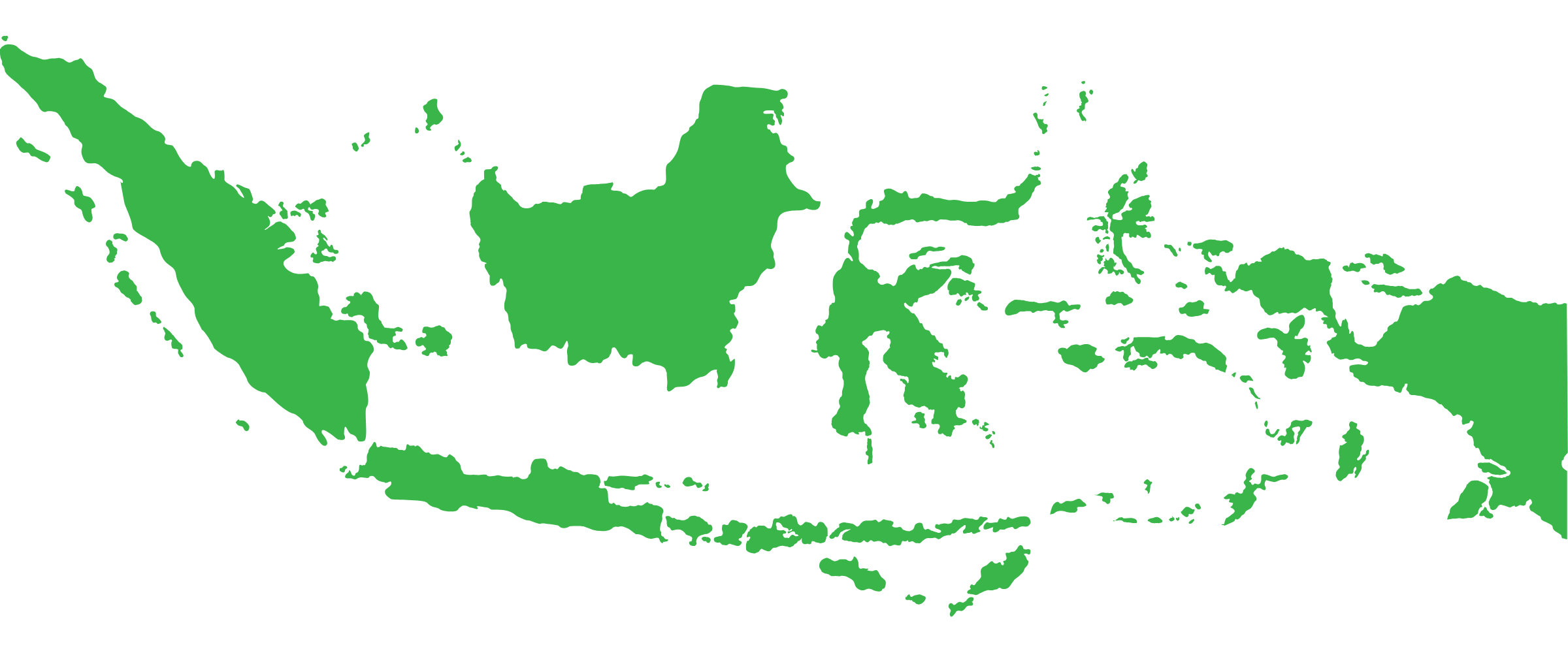PEFC & Experts Focus on Pulp, Paper & Fibre-based Packaging

The Consumer Goods Forum’s Forest Positive Coalition released the Pulp, Paper and Fibre-based Packaging (PPP) Roadmap earlier this year. The document aims to guide Coalition members in their efforts to remove deforestation and conversion from PPP supply chains. PEFC invites brand owners and retailers - and media of course - to join its webinar on Thursday 4 November. An expert panel will discuss the Roadmap ambition and Key Performance Indicators (KPIs), how PEFC traceability certification requirements are aligned with the guidelines, and how those are audited on the ground. Certification will continue to play an important role in the Coalition’s push to tackle deforestation, forest conversion and degradation, as well as traceability of materials and improved management of forests. PEFC also wants to ensure that all stakeholders with an interest in the forest are involved in its management. To learn more and to register, go here.
Training in Indonesia to Cover Chain of Custody Schemes

Auditors, reviewers, and certification decision makers are invited to register for a PEFC recognised chain of custody initial training in Indonesia on 29-30 November and 2 December 2021. Attending a PEFC recognised chain of custody initial training is a pre-requisite for any auditor, reviewer or certification decision maker wishing to issue certification against the 2020 PEFC chain of custody related standards, as required by PEFC ST 2003. Issuing certification against the 2020 standards is only possible after the completion of either initial or refresher training, and once you are accredited, against the 2020 versions of the standards. Read more.
MTCC Appoints Siti Syaliza Mustapha as CEO for Malaysia

The Malaysian Timber Certification Council (MTCC) has appointed Siti Syaliza Mustapha as its new Chief Executive Officer (CEO) effective 6 October. Siti Syaliza, who was MTCC Officer-in-Charge and Senior Manager (Forest Management), succeeds Yong Teng Koon who retired on 16 July. She is the first woman to helm the Council since it began its operations in 1999. She is also an Advisor to the Geneva-based Programme for Endorsement of Forest Certification (PEFC) in the promotion of sustainable forest management and development of forest certification infrastructure in Southeast Asia. More from MTTC.
Still Time to Contribute to the Indonesia Market Survey

IFCC/PEFC survey for the Indonesian market has been extended so there's still time to contribute. How can IFCC/PEFC help the timber industry and its supply chain benefit from certification and help safeguard Indonesia's forests? Whether involved in the process or supply in the pulp & paper, timber, fashion, furniture or rubber sectors, everyone's opinion is valuable and IFCC/PEFC want to better understand how familiar everyone is with forestry certification in Indonesia. Read all about it here.
Thailand Promotes Certification for Economic Forest Industry

On Thursday 14 October, Mr Withi Supitak, Vice President of the Institute of Agricultural Industry (TISI) and the Federation of Thai Industries (FTI), led the Thai Economic Timber Certification Office (TFCC) team to meet Mr Sukit Chanthong, Acting Director of the Forest Industry Organisation (ODA). Together with the ODA executives, they discussed ways to promote the certification of economic forest plantations and wood products to align the national standards to the international PEFC standards. Read More.
How Forests Help People & the Planet Stay Healthy

Did you know that our forests have healing powers? Of the 3000 plants identified by the United States' National Cancer Institute as active against cancer cells, 70% come from rainforests. In total, more than 25% of the medicines we use originate in rainforest plants. Only if we use our forests, and manage them in a sustainable way, can we make sure they can stay forests, and we can continue to benefit from their healing powers. We also rely on forests to provide essential nutrients we need for our good health. So, as PEFC’s video series shows, people benefit greatly from healthy forests in more ways than one, as does the planet. Go to YouTube to see much more. Learn more about the healing power of forests here.
New Standard for Chain of Custody & Tree Based Products

Taking place on Tuesday, 9 November (10.00am AWST, 12.00pm AEST and 1.00pm AEDT), a Responsible Wood webinar will introduce and explain the main changes in the AS 4707:2021 standard, providing the basis for the requirements that certificate holders can use in carrying Responsible Wood/PEFC claims in Australia. The workshop will be hosted by Responsible Wood CEO, Simon Dorries, and Peter Zed, Chair of the AS 4707 Standards Reference Committee. The reference committee and working group includes: the Association of Accredited Certification Bodies, Australian Forest Products Association, Australian Institute of Packaging, Omega Consulting, Timber Development Association, Tasmanian Forest Products Association, the University of Melbourne, the Victorian Forest Products Association, and the Women in Forestry Network. Read more & register here.
Forests in Kedah State Malaysia Granted Certification

MTCC is pleased to announce that the Kedah Forest Management Unit (FMU), managed by the Kedah State Forestry Department, has been granted certification against the requirements of the Malaysian Criteria and Indicators for Sustainable Forest Management (MC&I SFM) standard on 1 October 2021. The certificate covering an area of 341,976 ha natural forests within the Permanent Reserved Forest in the Kedah FMU was approved by the Certification Panel of SIRIM QAS International Sdn Bhd. The certificate is valid for five years, subject to continued compliance based on yearly surveillance audits. It is one of the earliest FMUs in Peninsular Malaysia to be certified under the scheme, but lost its certification in 2019 due to failure to close a major non-conformity, raised during an annual surveillance audit. Read more.
Timber Buildings Go Beyond Net Zero to Whole Life Carbon

With COP 26 underway in Glasgow Scotland this week, it’s wise to remind ourselves that the built environment contributes close to 40% of global emissions of greenhouse gases. A large part of that comes from the energy used to heat, cool and light our buildings, but we should also be considering the embodied carbon incorporated in buildings, mostly from glass, steel and concrete. Timber helps on both counts, as you’ll read in Ken Hickson’s article in Wood in Architecture magazine. He shares more about how buildings can go beyond Net Zero to achieve Whole Life Carbon (WLC) status. What is WLC all about and how does timber fit into the equation? He also referenced "Tomorrow's Timber", which was published with the support of PEFC Netherlands. Read and see more.
Finalists in the PEFC-WAF Best Use of Certified Timber Prize

Two finalists in the Best Use of Certified Timber Prize: a gymnastics centre and a research facility show the flexibility and robustness of timber. Have a look, above left, at the gymnastics centre that can be converted into an exhibition hall. The Ariake Gymnastics Centre in Tokyo was designed to function in two phases: initially as a temporary sports competition facility, hosting the Tokyo Olympic and Paralympic Games, and later as a permanent exhibition hall. Then there's a research facility that chose timber for its robustness against corrosive sea air and cyclones. Pictured above right is the Turtle Centre in Queensland, a research facility at Mon Repos beach, Australia’s most important turtle nesting ground. It hosts key research into endangered turtles and the impacts of climate change. The building operates as an interpretive centre during the day. During the turtle nesting season it is a briefing hub for up to 300 visitors each evening.The winner will be announced at the World Architecture Festival in Lisbon, which runs from 1-3 December. Read and see more here.



